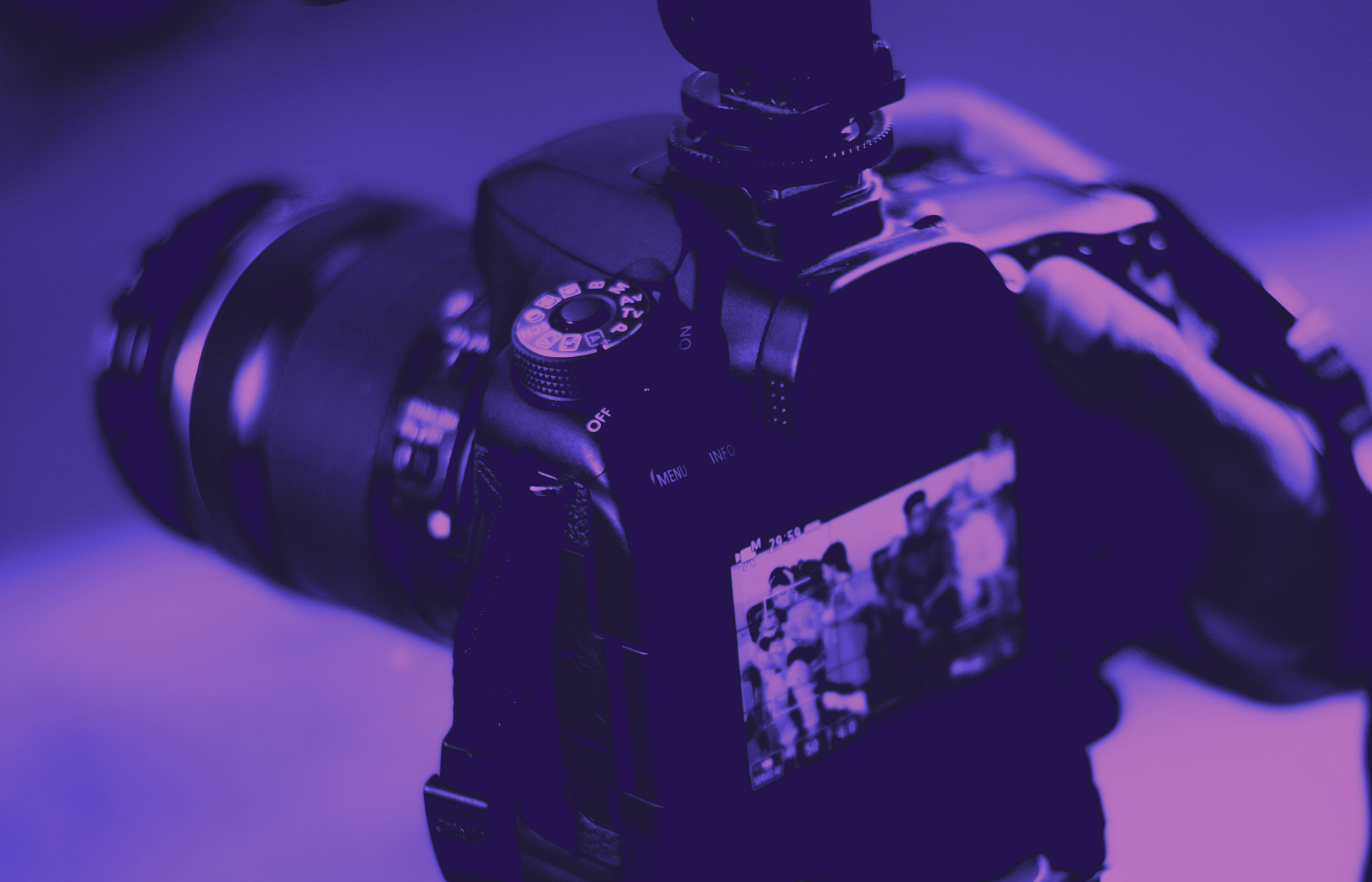
Professional Video Production
The resulting videos will premiere at the i4KIDS Paediatric Innovation Day (PID), to be held on 20 November 2025 at CosmoCaixa Barcelona, and will afterwards be delivered to the participating groups for use in their own dissemination channels and activities.

- Only i4KIDS-affiliated research groups are eligible to apply
- One video will be selected per member research group.
- Each group must designate two people for the on-camera interview (principal investigators, key team members, etc.)
- The interviews will be conducted in English wherever possible, but Catalan and Spanish are also acceptable. The final video will include English subtitles.
Selection criteria:
Three groups will be chosen from the applications received. If the number of applications exceeds the number of videos offered and budgeted, a meeting of the i4KIDS Management and Technical Committee will be convened to evaluate and vote on priorities.
- Maternity and paediatric focused project.
- Interest and relevance of the project and innovative potential impact.
- Diversity of research fields represented.
- Potential for dissemination and audiovisual impact.
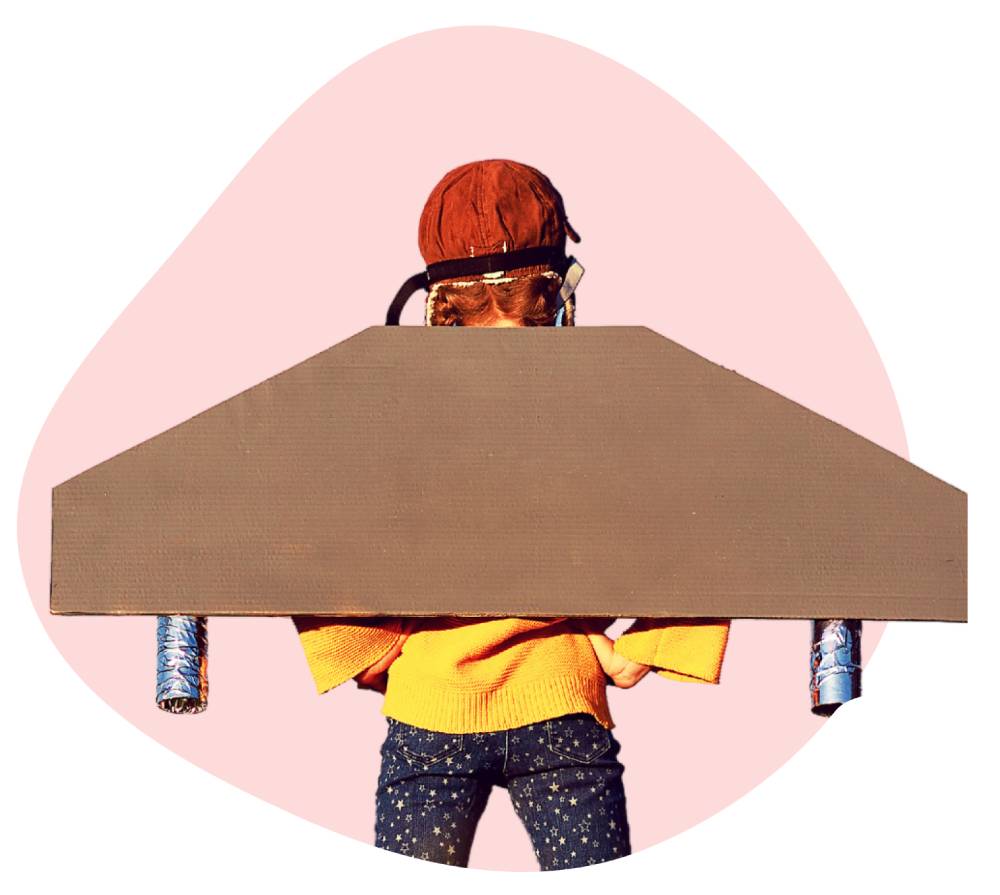
Current i4KIDS members and research groups:
Hospital Sant Joan de Déu (HSJD)
- Tecnologies de la Salut i Innovació
- Origen dels sarcomes del desenvolupament
- Genòmica translacional
- Tumors del desenvolupament
- Càncer pediàtric
- Leucèmia i hemopaties pediàtriques
- Participació de pacients en la recerca (PERA)
- Malalties infeccioses i microbioma
- Neurogenètica i medicina molecular
- Medicina metabòlica i mitocondrial
- Malalties neurometabòliques amb expressió al sistema nerviós central
- BCNatal (amb l’Hospital Clínic)
- Neuromonitoratge en el pacient crític cardíac
Fundació Sant Joan de Déu (FSJD)
- Epigenètica del càncer pediàtric
- Tractament del càncer pediàtric
- Recerca aplicada en malalties neuromusculars
- Malalties metabòliques d’origen pediàtric
Universitat Politècnica de Catalunya (UPC).
- Laboratori d’Enginyeria Biomecànica
- BIOART
- Robòtica Intel·ligent i Sistemes
- Ciència de Dades Intel·ligent i Intel·ligència Artificial IDEAI-UPC
- Grup d’Adquisició i Percepció de la Parla (SAP)
- Grup de Raonament i Cognició Infantil (RICO)
Universitat de Barcelona (UB)
- Neurociència cognitiva
- Ciència de Dades Intel·ligent i Intel·ligència Artificial
- Grup de recerca en aplicacions de realitat virtual i altres noves tecnologies en Psicologia clínica i de la salut
- Laboratori de Desenvolupament Neural
- Bases moleculars de les malalties rares del cervell i canalopaties
Institut d’Investigació Biomèdica de Bellvitge (IDIBELL).
- Grup de Potència de Cèl·lules Mare
- Grup de Malalties Neurometabòliques
- Grup de Recerca en Sarcomes
- Biologia de les cèl·lules mare hematopoètiques i leucèmogenesi
- Nucleases, càncer i immunitat
Unversitat Autònoma de Barcelona (UAB)
- Grup de Sensors i Biosensors
- Tecnologia i aplicació multimèdia i digital als dissenys observacionals (GRID)
- Pedagogia hospitalària en neonatologia i pediatria (PHNP). Grup de Recerca i Innovació en Disseny
- Grup d’Estudis en Ciència i Tecnologia de Barcelona (STSb)
Fundació Institut d’investigació Germans Trias i Pujol (IGTP).
- Grup de recerca translacional en patologia hepàtica i immunitat innata
Fundació Institut de Recerca Biomèdica (IRB).
- Genòmica comparada
- Laboratori de Senyalització Cel·lular i Cicle Cel·lular
- Malalties metabòliques complexes i mitocòndria
- Laboratori de Divisió Cel·lular
- Degradació dirigida de proteïnes i descobriment de fàrmacs
- Organització dels microtúbuls
- Laboratori de Traducció Genètica
- Genòmica biomèdica (BBGLab)
Fundació Institut de Bioenginyeria de Catalunya (IBEC)
- Nanoprobes i nanointerruptors
- Biomaterials per a teràpies regeneratives
- Nanobioenginyeria
Fundació Institut en Salut Global Barcelona (ISGLOBAL)
- Grup de Recerca en Epidemiologia i Salut Internacional (GRESI)
Fundació Institut de Recerca de l’Hospital de la Santa Creu i Sant Pau (IR-HSCSP).
- Fisiologia molecular de la sinapsi
- Grup de Recerca en Salut Perinatal i Dona
- Grup de Recerca en Cures Infermeres
- Servei de Genètica
- Pediatria
Fundació Hospital Universitari Vall d’Hebron – Institut de Recerca (VHIR)
- Càncer infantil i trastorns de la sang
- Neurologia Pediàtrica – VHIR
- Grup de Recerca en Patologia Neuromuscular i Mitocondrial
Institut d’Investigacions Biomèdiques August Pi i Sunyer (IDIBAPS)
- Diagnòstic molecular
- Patologia neuromuscular i mitocondrial
- Neurobiologia dels receptors ionotròpics del glutamat en la salut i la malaltia
- IncaSyM – Atenció Integrada i Medicina de Sistemes (subgrup 6.04 IDIBAPS)
Institut de Química Avançada (IQAC) del CSIC.
- Nanobiotecnologia per al diagnòstic (Nb4D)
Universitat Rovira i Virgili (URV).
- PÓLIPO
- Alimentació, nutrició, creixement i salut mental (NUTRCRSM)
- Unitat de Recerca en Pediatria, Nutrició i Desenvolupament Humà (URPNDH)
- NeuroÈpia – Neurociència Clínica i Epidemiològica
- Unitat de Recerca de Lípids i Arteriosclerosi
Fundació Privada Centre CIM.
- Fabricació Additiva grup 3D Printing for Health
Institut Químic de Sarrià (IQS).
- GEMAT: Grup D’Enginyeria dels Materials
Associació Acondicionamiento Tarrasense – LEITAT
- Salut i Biomedicina
Universitat Pompeu Fabra (UPF)
- Laboratori d’Interacció Corporal Completa (FuBIntLab) a la Unitat de Tecnologia, Societat i Interacció (TESI)
- BCN MedTech
- Grup de Recerca en Neurobiologia del Comportament (Grenec-NeuroBio)
Hospital Universitari Mútua Terrassa (MUTUA TERRASA)
- Grup de Recerca Interdisciplinar en Malalties Infeccioses MutuaTerrassa (GRIMIMT)
Institut d’Investigació i Innovació Parc Taulí.
- Grup de malalties minoritàries Parc Taulí Institut d’Investigació i Innovació Parc Taulí
Fundació Institut de Ciències Fotòniques (ICFO)
- Laboratori de microscòpia òptica de superresolució i nanoscòpia
- Òptica mèdica
Fundació Institut d’Investigació Biomèdica de Girona Dr. Josep Trueta (IDIBGI)
- Obesitat i Risc Cardiovascular en Pediatria Institut d’Investigació Biomèdica de Girona
- Centre de Genètica Cardiovascular
- Recerca Metabòlica Materno-Fetal
Fundació EURECAT
- Unitat de Digital Health
Idiap Jordi Gol
- Infància i Dieta Mediterrània (INFADIMED)
Consorci Sanitari Terrassa (CST) – Fundació Joan Costa Roma
- Grup De Recerca En Pediatria
- Grup De Recerca Salut Integral a l’adolescència (Sia)
Josep Carreras Leukaemia Research Institute
- Leucèmia i immuno-oncologia
- Biologia de cèl·lules mare, leucèmia del desenvolupament i immunoteràpia
- RNA regulador i cromatina
- Desenvolupament i malalties limfocítiques
- Organització 3D de la cromatina
- Epigenètica del càncer
Centre Internacional de Mètodes numèrics a l’Enginyeria (CIMNE)
- Grup de Bioenginyeria Computacional
Universitat de Lleida
- NUTREN-Nutrigenomics
Universitat de Barcelona – IBUB – IRSJD – CIBERER
- Genètica Molecular Humana
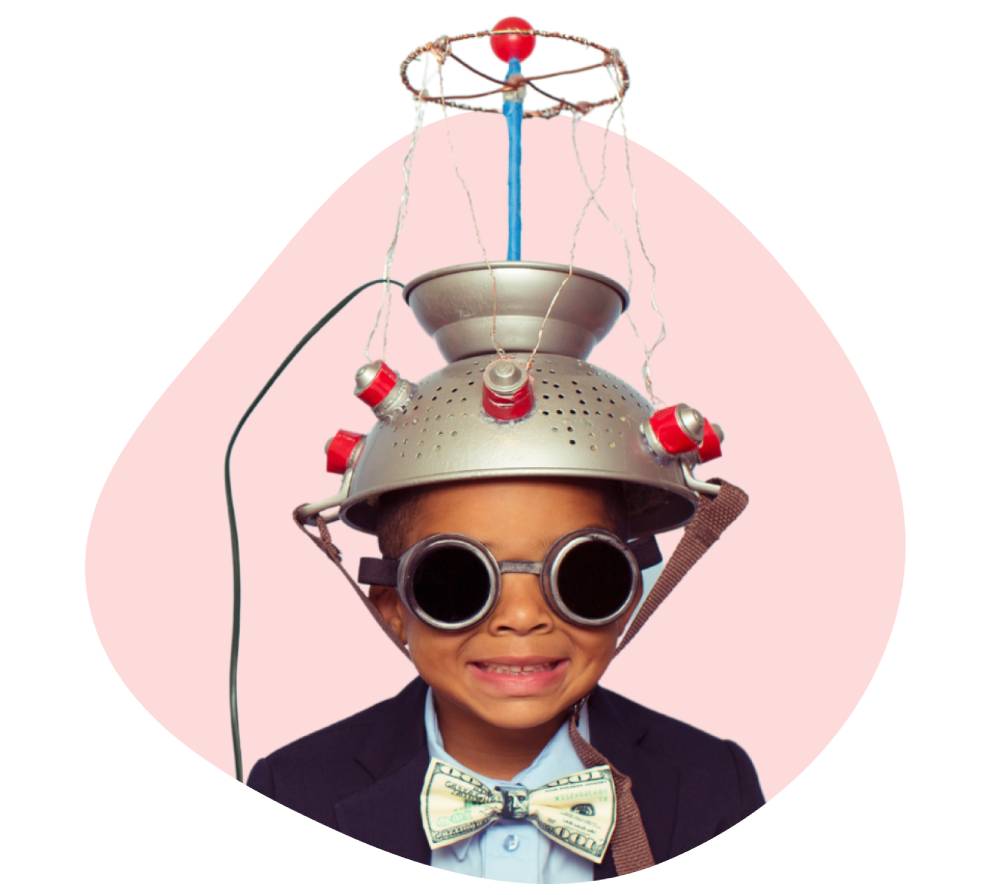
- Filming time: half a day per group.
- Content:
- Interviews with two members of the group.
- Supporting footage (workspaces, laboratories, team interactions, etc.).
- Final video length: maximum 4 minutes.
- Language: recording in English, Catalan or Spanish, with English subtitles.
- Branding: the video will include the logos of the research group’s institution, i4KIDS, and AGAUR – Government of Catalonia in the credits and wherever appropriate.
- Delivery: the final edited video will be handed over to each group for free use once premiered.

- Call open: from 27 August 2025 until 24 September 2025 at 23:59 (CEST).
- Notification of selected groups: end of September 2025.
- Filming: first half of October 2025.
- Video premiere: 20 November 2025, during the i4KIDS Paediatric Innovation Day. (It is encouraged that at least one member of the research group attends the Paediatric Innovation Day, to take advantage of any questions that may arise and networking opportunities.)
- Delivery of videos to groups: after the premiere.
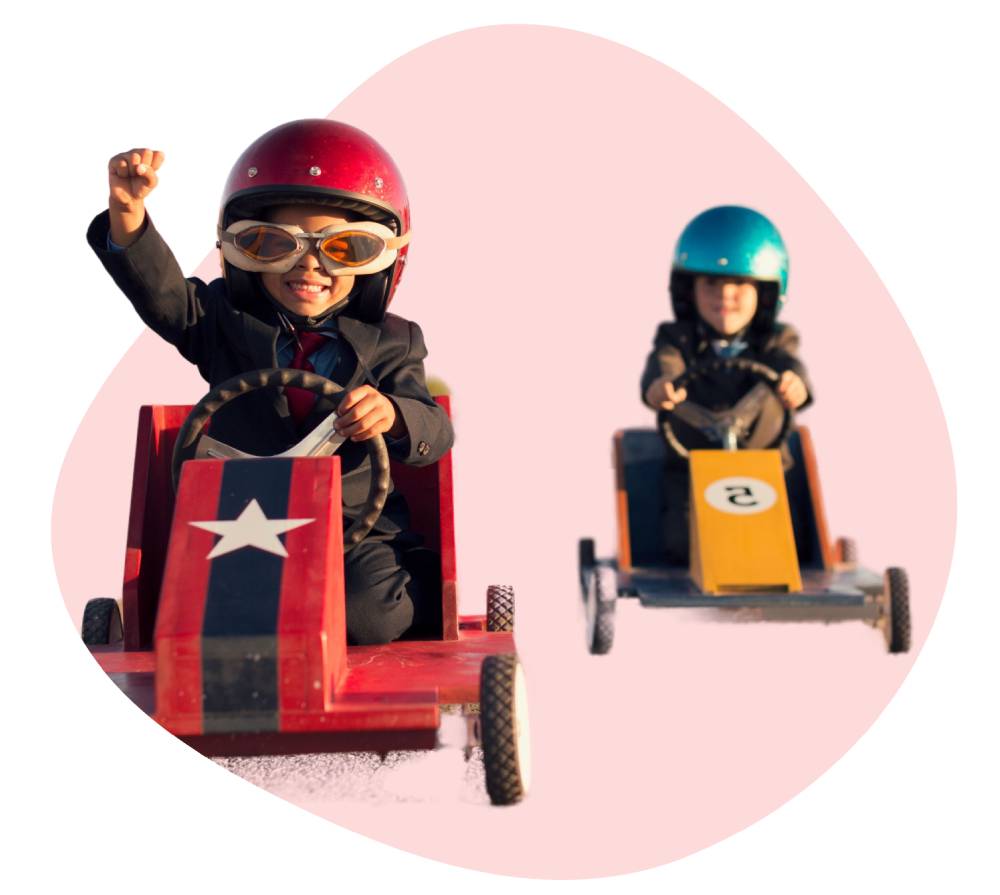
- Inform your organisation’s Communications team to coordinate the filming together.
- Filming will take place at the research group’s facilities.
- The group must ensure:
- Access for the production team on the filming day.
- Availability of 4–5 consecutive hours to carry out the shoot.
- Suitable spaces for interviews and supporting footage.
- Once selected, the date and schedule of filming will be agreed with each group during the first half of October.
- Prior to filming, the production team will review the content, locations, and visual outline together with the group
- Comply with the image rights and authorisations defined in Section 7.
- Complete the application form with the approval of the researcher responsible for the project.

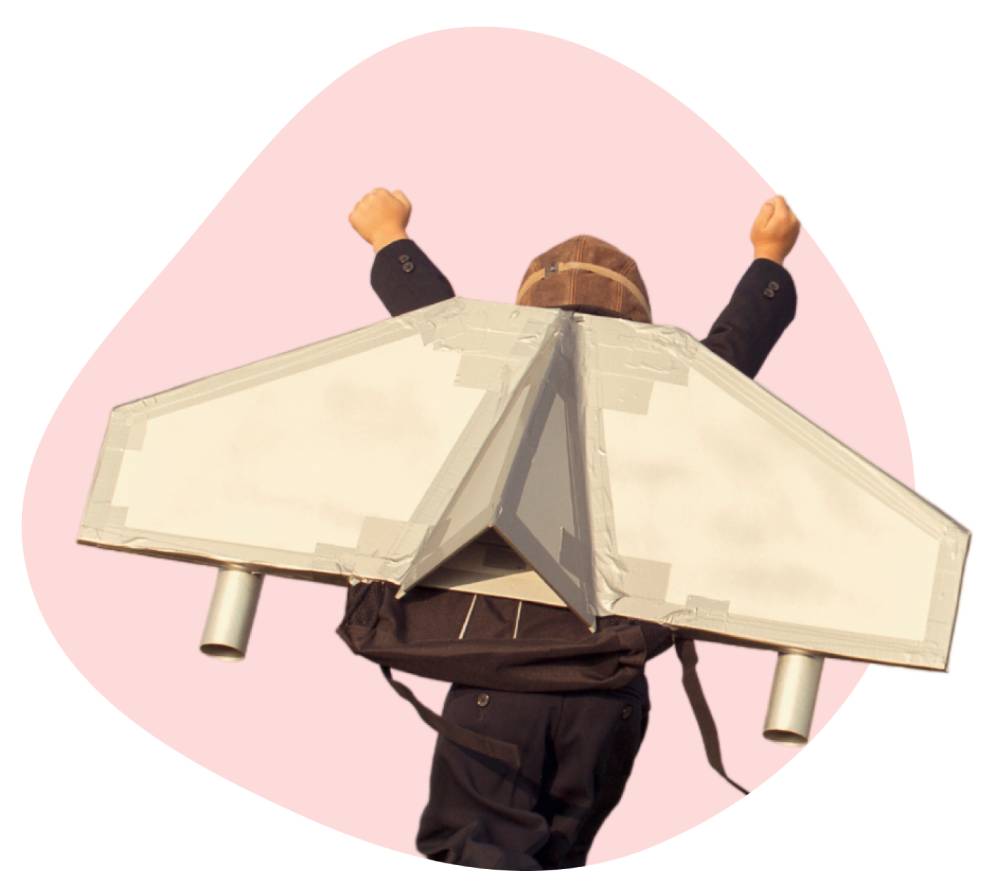
If you have any question, please feel free to write us at contact@innovation4kids.org